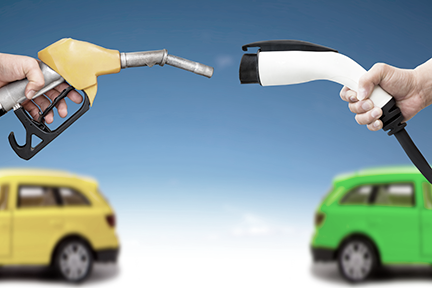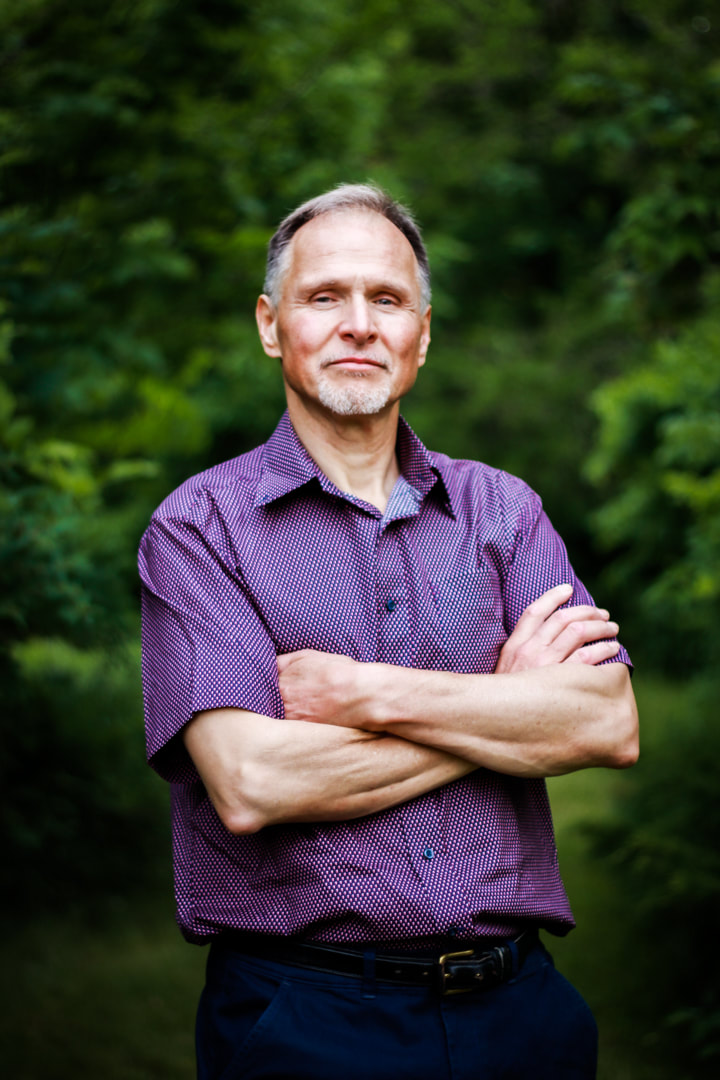|
Quantum Oil Refining (QOR)
Natural Evolution of Crude Oil Refining Industry
Claire Lasers introduced QOR as the necessary technology to address the current paradigm: increasing energy cost, inflation, roiling carbon tax, oil depletion and growing greenhouse gas (GHG) emissions. The QOR technology design addresses each one of these concerns with an efficient process to convert crude oil into valuable fuel, with 10% more fuel efficiency and 10 times less GHGs!
The below table shows capabilities of QOR design optimized against current constraints. |
Current Concerns |
Strategy |
Breakthrough Capabilities of QOR |
Increasing energy cost |
Growth opportunity |
10% more fuel/crude barrel |
Inflation |
Grow value of exports |
Increase GDP, balance China trade |
Roiling carbon tax |
Lower carbon footprint |
QOR produces net carbon tax value |
Oil depletion |
Preserve crude, sell fuel |
QOR best use of limited oil resources |
Growing GHG emissions |
Reduce GHG emissions |
QOR reduces GHG emissions by 10x |
|
The future transition of human transportation to electrically powered vehicles awaits the coming-of-age of two key technologies: (i) at least 20 Gwatt level nuclear power plants deployed across Canada to power the mobility of population and the associated transportation of goods, and (ii) the existence of electrical energy storage that makes economically feasible replacement of hydrocarbon fuel.
Until both these objectives become a reality, the transition to electrical transportation will remain wishful thinking. In the meantime, hydrocarbon will remain essential to any advanced economy. However, because QOR technology requires growth in production of electrical power, it justifies the first of the above two key technologies: growth in electrical utilities. In this context, QOR technology is not only the best option to reduce greenhouse gas emissions and the only way to meet the Paris target, but it builds readiness for future energy storage. |
|
Dr. Denis Gendron, PhD
|
Dr. Denis Gendron, CTO, Claire Lasers, has applied quantum electronics to improve the efficiency of numerous industrial processes over the last 20 years. Dr. Denis Gendron at Claire Lasers devised numerous innovative QOR technologies necessary to develop QOR invention.
Claire Lasers devised the Laser Crude Cracking (LCC), (also called Laser Heavy Cracking, LHC) and its integration into the QOR process. Based on quantum electronics properties of materials, and advances knowledge of laser chemistry, Claire Lasers developed more efficient and flexible fuel production systems, with digitally configurable branching ratios of output products. The QOR technologies include:
|
The QOR Project at Claire Lasers
QOR stands for Quantum Oil Refining and Claire Lasers is offering QOR to the Oil & Gas Industry as a breakthrough technology solution. Dr. Denis J. Gendron is an entrepreneur, founder, and President of Claire Lasers Corporation since 2003, and has been slowly developing QOR since 1998.
History of QOR Project at Claire Lasers
The project started as a challenge submitted in 1998, by Walter Petryschuk, to Dr. Gendron during tenure as his research associate at NRC. Denis just graduated in 1997 from the Physics PhD program at the University of Waterloo. Walter Petryschuk was a senior Suncor Engineer and the interim director of the National Research Council (NRC) Institute in London ON, where Denis had his first PhD job.
The conversation between Denis and Walter continued until 2012, when health problems prevented further interest form Walter.
Luckily, Walter put him in contact with Dr. Richard Marceau, who was very helpful and influential to provide further moral support and encouragement, until his untimely death to cancer in 2016, while he worked at Memorial University in Newfoundland.
QOR stands for Quantum Oil Refining and Claire Lasers is offering QOR to the Oil & Gas Industry as a breakthrough technology solution. Dr. Denis J. Gendron is an entrepreneur, founder, and President of Claire Lasers Corporation since 2003, and has been slowly developing QOR since 1998.
History of QOR Project at Claire Lasers
The project started as a challenge submitted in 1998, by Walter Petryschuk, to Dr. Gendron during tenure as his research associate at NRC. Denis just graduated in 1997 from the Physics PhD program at the University of Waterloo. Walter Petryschuk was a senior Suncor Engineer and the interim director of the National Research Council (NRC) Institute in London ON, where Denis had his first PhD job.
The conversation between Denis and Walter continued until 2012, when health problems prevented further interest form Walter.
Luckily, Walter put him in contact with Dr. Richard Marceau, who was very helpful and influential to provide further moral support and encouragement, until his untimely death to cancer in 2016, while he worked at Memorial University in Newfoundland.




